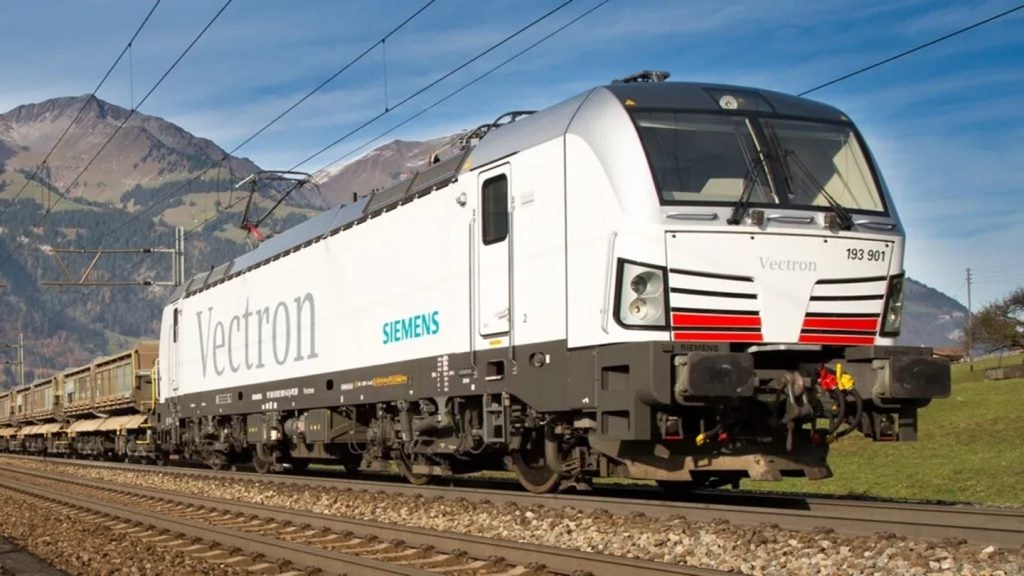The rail industry in Queensland, Australia, has initiated plans to control the massive skills shortages that will affect major national economic drivers, such as the mining, freight and transport sectors.
The government has injected $1.5m in funding in a newly-formed centre Rail Skills Australasia (RSA) which aims to meet the rail industry’s demand for an increasing and ever-changing skilled and resilient workforce.
RSA will conduct an industry-wide audit throughout the sector, to identify projected skills deficits hindering the development of rail infrastructure and services and identify skill sets required in future.
The company will also develop a national skilling strategy to earmark new initiatives including mentoring and graduate programmes in a bid to reduce workforce gaps.
RSA chief executive officer Paul Daly said the organisation had been launched in response to exponential growth and skills shortages, which are expected to continue for the next five to ten years.
New initiatives such as mentoring and graduate programmes will be identified to offer a career path into the rail industry.
How well do you really know your competitors?
Access the most comprehensive Company Profiles on the market, powered by GlobalData. Save hours of research. Gain competitive edge.

Thank you!
Your download email will arrive shortly
Not ready to buy yet? Download a free sample
We are confident about the unique quality of our Company Profiles. However, we want you to make the most beneficial decision for your business, so we offer a free sample that you can download by submitting the below form
By GlobalDataRSA will support industry and government engagement on vocational education and training, higher education, specialist rail skills development initiatives, industry attraction and retention strategies as well as workforce planning and compliance.
The industry body will work together with other centres of excellence, registered training organisations (RTOs), higher educational institutions and the government to realise the goal and avoid duplication of efforts.
The company noted that the growth in the $17bn rail sector is driven by various factors including population, public transport, mining and freight movements and the development of railways to service the coal industry.
RSA expects significant state and federal investment in the rail sector in the future and ensures a workforce ready to step into required roles.
RSA said stakeholders from across all aspects of the rail industry including manufacturers, suppliers, unions, associations, RTOs and universities have offered support to develop the new planning centre.
The newly-formed centre is expected to address the rail skills and manpower shortages in Australia’s rail industry.







